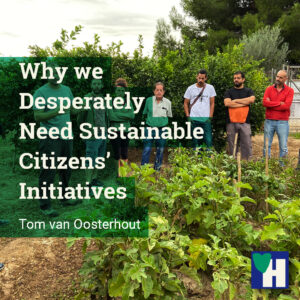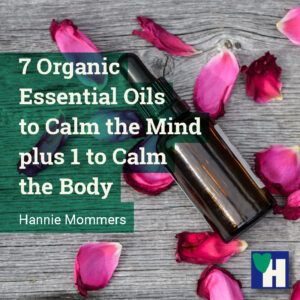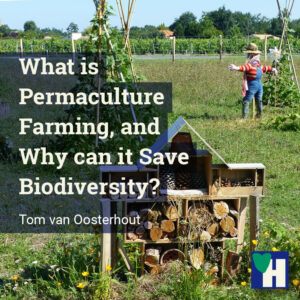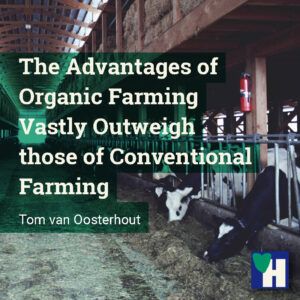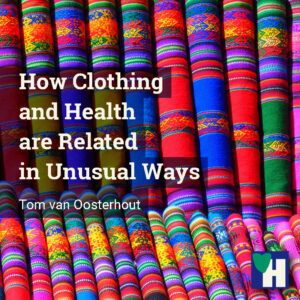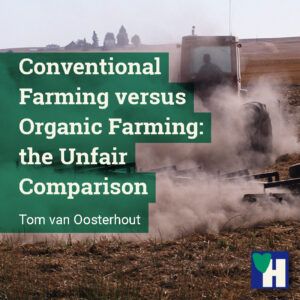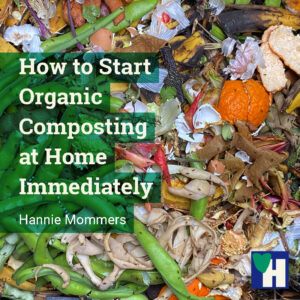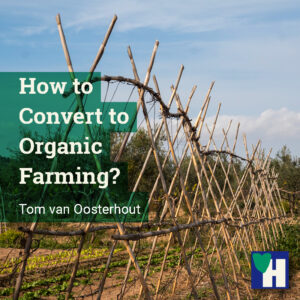
How to convert to organic farming is complicated. Not because of the actual agricultural transition. The final results will give most farmers much more pleasure and satisfaction. Modern conventional farming is doctored out for the farmers in the offices of banks, multinationals, and supermarkets. There is not much fun in farming like this.
No, the biggest problem of the conversion, and the consecutive organic farming experience, is the incessant bureaucracy. This should not be a problem when conventional farmers also had to go through all the same paperwork. Yet, they don’t have to.

